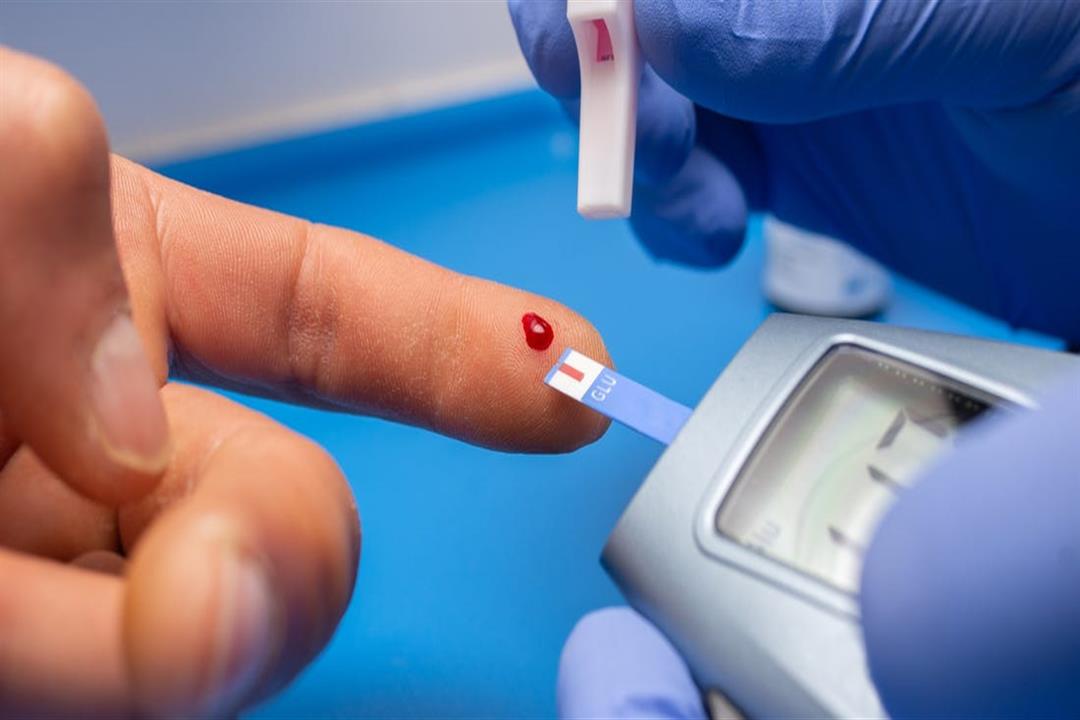Pioneering Gene Discovery Paves the Way for New Treatments for Type 2 Diabetes

A recent scientific study has shown that a specific gene plays a pivotal role in the development of type 2 diabetes, opening the door to the development of revolutionary treatments that target the root cause of the disease rather than just the symptoms.
A research team from the American "City of Hope" institution revealed the results of a study published in the prestigious scientific journal "Nature Communications" (Nature Communications), which focused on analyzing the behavior of a gene known as "SMOC1" within pancreatic cells.
In healthy individuals, the SMOC1 gene is exclusively activated in "alpha" cells responsible for secreting the hormone "glucagon" that raises blood sugar levels. However, the surprising finding revealed by the study was the abnormal activity of this gene in "beta" cells in patients with type 2 diabetes, which are primarily responsible for producing insulin that lowers sugar levels.
This abnormal activity leads to the reprogramming of "beta" cells, causing them to lose their identity and primary function in insulin secretion, transforming them into cells resembling "alpha" cells, which is a hallmark feature of diabetes.
Dr. Jiming Luo, the lead researcher in the study, commented: "The SMOC1 gene is active in 'alpha' cells in healthy individuals, but we noticed its appearance also in 'beta' cells in diabetic patients, which is completely abnormal."
To achieve these results, the team used advanced single-cell RNA sequencing technology to analyze pancreatic samples from 26 donors, half of whom had the disease. This method enabled the researchers to map the disrupted cellular pathways accurately.
After analyzing the data, five subtypes of "alpha" cells were identified, including immature cells capable of development. When levels of the SMOC1 protein were experimentally increased in "beta" cells, a sharp decline in insulin production was observed, and they transformed into abnormal cell types. Final tests confirmed that levels of SMOC1 were significantly elevated within the "beta" cells of diabetic patients.
For his part, Dr. Randy Kang, a co-researcher in the study, stated: "The SMOC1 gene has not been previously studied in the context of diabetes, but its results show a strong impact on the differentiation and function of beta cells."
The research team believes that pharmacologically targeting the SMOC1 gene could represent a breakthrough in diabetes treatment, as it would address the underlying issue of the loss of "beta" cells' identity, unlike current medications such as "Ozempic" and GLP-1 receptor agonists that focus only on regulating blood sugar levels.
Although targeted gene therapies are still in their early stages, this discovery paves the way for the development of drugs capable of protecting "beta" cells and restoring their function, offering hope for the possibility of halting or reversing the course of type 2 diabetes in the future.